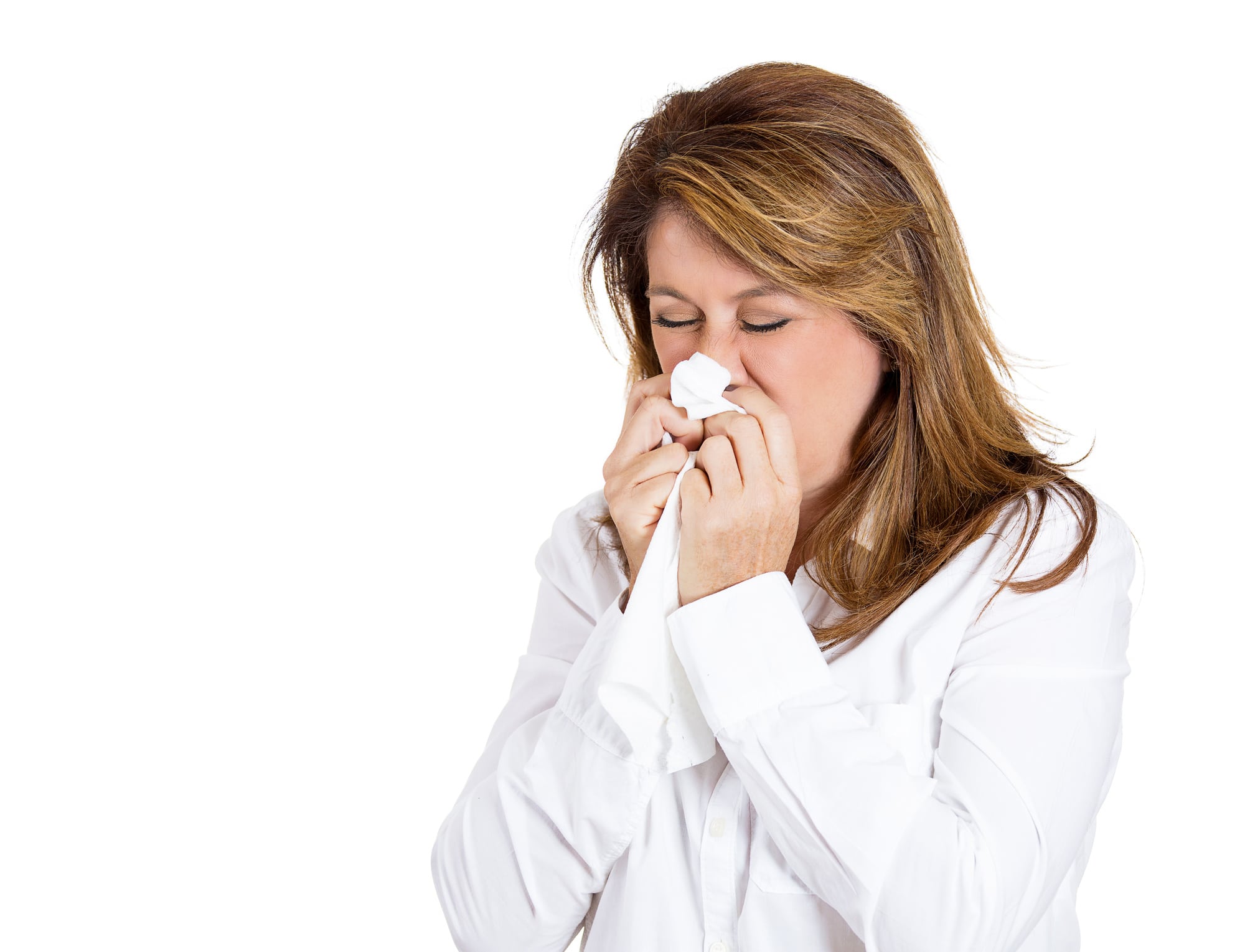Also known as sinusitis, sinus infections are common as Autumn closes in. In the United States of America, there are about 28.9 million adults who experienced sinusitis. Although they are common, most people don’t know when to see a doctor for a sinus infection.
Here is a guide to answer when to see a doctor. Read on to learn more about sinus infections, symptoms, and possible treatments.
When to See a Doctor for a Sinus Infection
Sinus infections come from viruses or bacterias that infect your sinuses. Your sinuses get inflamed, infected, and swollen, which can cause severe pain. It’s easy to know when to see a doctor for a sinus infection if you know the symptoms.
Signs of a Sinus Infection
One of the most common sinus infection symptoms is feeling pain on your forehead, upper jaw, between your eyes, and your neck. Another sign of sinus infection is that you produce a thick, colored nasal secretion. Your secretion will either be yellowish, white, greenish or tinged with blood.
Your inflamed sinuses will also restrict how well you breathe. It will affect your sense of taste and smell. Not only that, but it will also affect how you talk, making you sound more “stuffy.”
You will experience a lot of irritation in your throat, making you cough more than normal. It could get worse when you lie down and when you wake up.
You should wait at least 7 to 10 days before going to your doctor. If most symptoms don’t disappear for a week or two, it’s best you go to your doctor immediately. Note that OTC medications won’t help in relieving the pain from sinus infections.
Common Causes of Sinus Infection
You can easily get sinus infections, depending on your environment. If you stay in a house filled with mold and dust, you can get sinus infections more often than other people. You also get a higher chance of developing the infection when you have a cold or allergy.
Other people with the following also have a higher risk of getting sinus infections:
- Asthma
- Blocked nasal ducts
- Abnormalities like nasal polyps
- Weak immune system
- Often smokes or drinks
People with other medical conditions, such as HIV, also risk getting a sinus infection. Try to take note of your allergies and medical conditions as not to get complications. You could get complications like vision problems and skin infection.
How Do You Treat It?
It’s smarter to go to a doctor to treat your sinus infection. You can choose to treat it yourself and improve your body to fight against the infection. Start by avoiding anything that irritates your nose and eyes.
Make sure you wash your hand frequently to keep your sinuses from getting infected and irritated by viruses. Relieve your breathing by adding a humidifier to moisturize the room air. Try using nasal spray decongestants as these will keep your sinuses moist and prevent any swelling present in the passages.
Know When to Go to the Doctor
Now that you know when to see a doctor for a sinus infection, make sure you watch your health. It’s important to keep on top of your health to prevent this from getting worse. If you’re looking for some help, don’t be afraid to contact us here.

